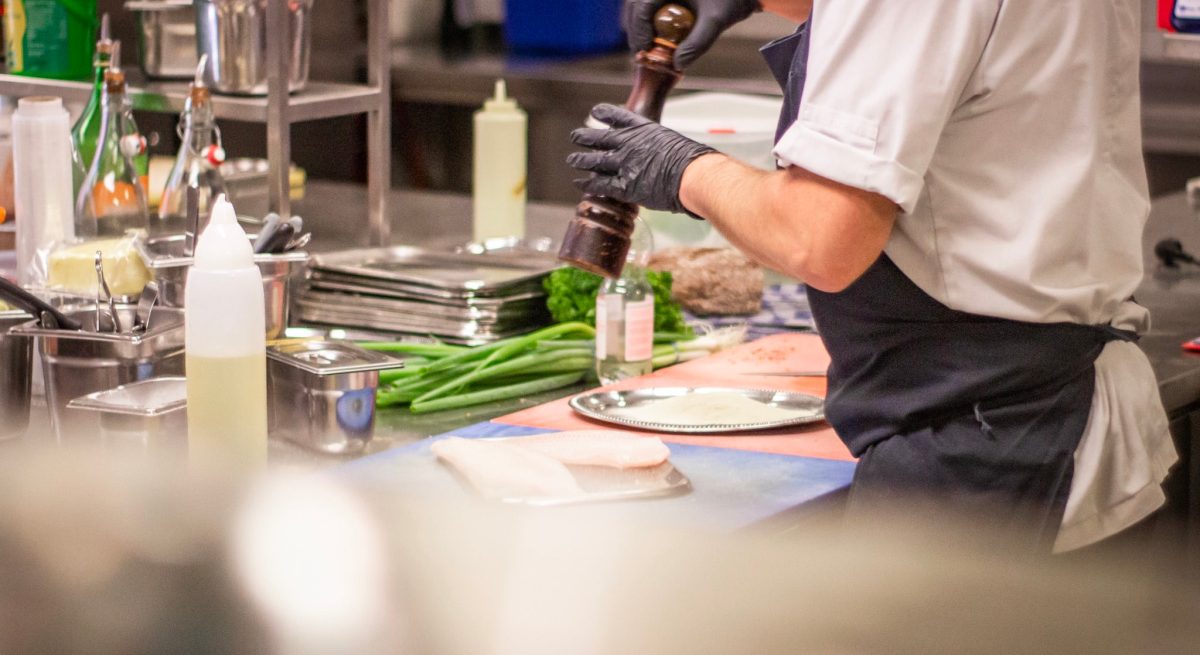Food Safety Practices in the Time of COVID-19
2 Min Read By Whitt Steineker, Bethany Davenport
Restaurateurs and their employees don’t need anything else to worry about these days. It is challenging enough to operate a restaurant in this time of quarantines, curbside and delivery-only options, and social distancing added to the attendant drops in revenue and worries about making sure employees are cared for. Maybe the absolute last thing any restaurant wants to focus on are food safety regulations such as the Food Safety Modernization Act (FSMA).
Maybe the absolute last thing any restaurant wants to focus on are food safety regulations such as the Food Safety Modernization Act (FSMA).
On that front, there is a whisper of good news. As of March 18, 2020, the Food and Drug Administration (FDA) has suspended onsite audit requirements associated with the FSMA due to the COVID-19 (coronavirus) pandemic. So you don’t have to worry about regulators showing up to conduct an onsite office visit for the foreseeable future. But that is no reason to stop running your restaurant in compliance with the FSMA, even during periods of limited service such as delivery and curbside pickup. In fact, now more than ever may be the time to put into place and follow FSMA-compliance procedures. Even though the Centers for Disease Control and Prevention (CDC) states that, “[c]urrently there is no evidence to support transmission of COVID-19 associated with food,” compliance with FSMA is a good “first-line” defense in preventing the spread of the coronavirus.
What does all of this mean for restaurants’ obligations in the short term, and how should a restaurant use these uncertain times to ensure that it is FSMA-compliant when the risks subside and the diners return?
Have a Plan… and Write It Down!
If you do not currently have a written food safety plan in place, or if your plan needs to be updated, use this time to do so. The FDA has a useful tool to help build out your own food safety plan. The plan is typically written by someone who has undergone food-safety training and will likely end up being the restaurant’s “czar” of all documentation dealing with the FSMA.
If you do have a written plan, review it and make sure that all team members, and the operations of the restaurant, are following the plan.
Know the Drill
FSMA audits are on hold for now, but when the crowds return so will the audits. Use this time to prepare your staff for audits. You can also have video conference mock “interviews” with employees at home or do an email questionnaire to make sure that they are aware of and prepared for any inspections in the future. Here are some sample questions:
- What allergens are in the restaurant?
- What would you do if you saw a rodent?
- What are a few examples of personal hygiene?
COVID-19 Plan of Action
If your facility is still open during this time, make sure that you have written and communicated protocol if an employee tests positive. Allow for, and diligently insist upon, additional cleaning and disinfecting time throughout the day. Implement procedures so that employees and customers can be kept at a safe distance from one another.
There’s no way to sugarcoat it. The coronavirus pandemic and its social and economic implications are a short-term disaster for the restaurant industry. But we will get through this, and those who adopt best practices in food safety will be well-positioned to take advantage when diners return.



